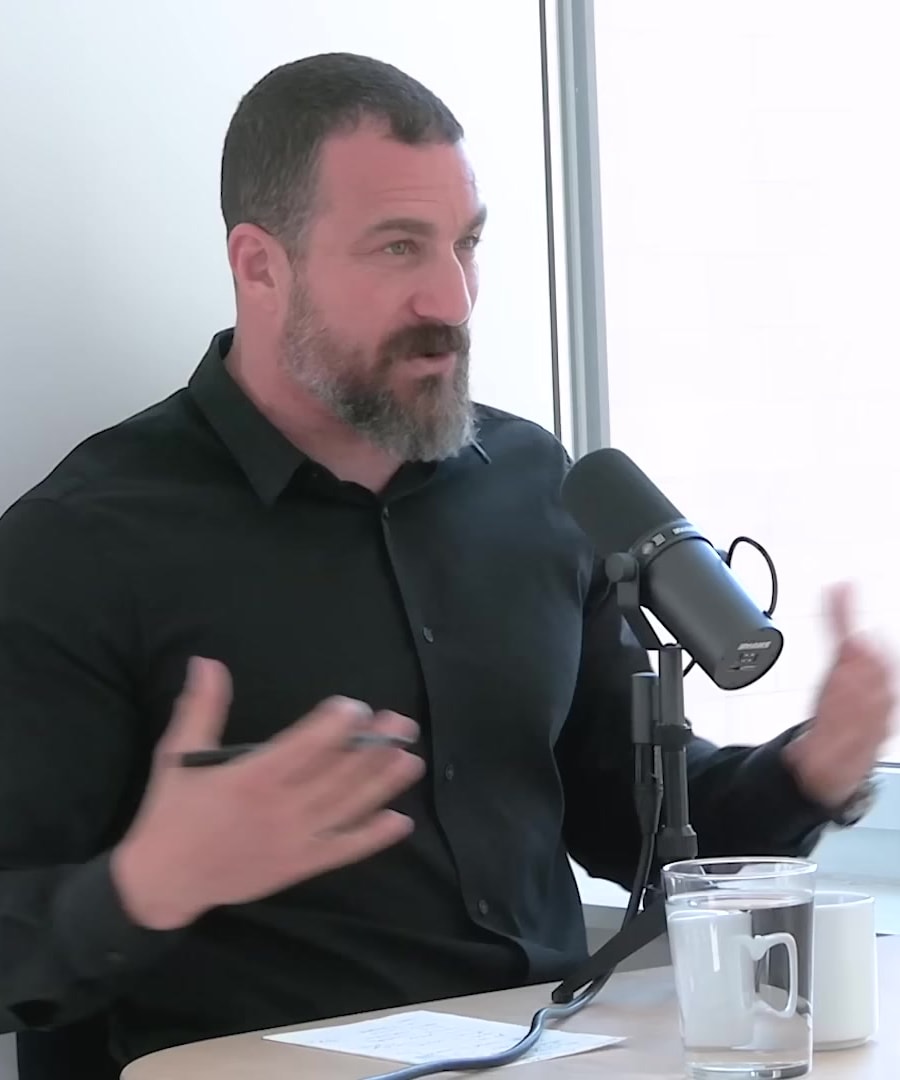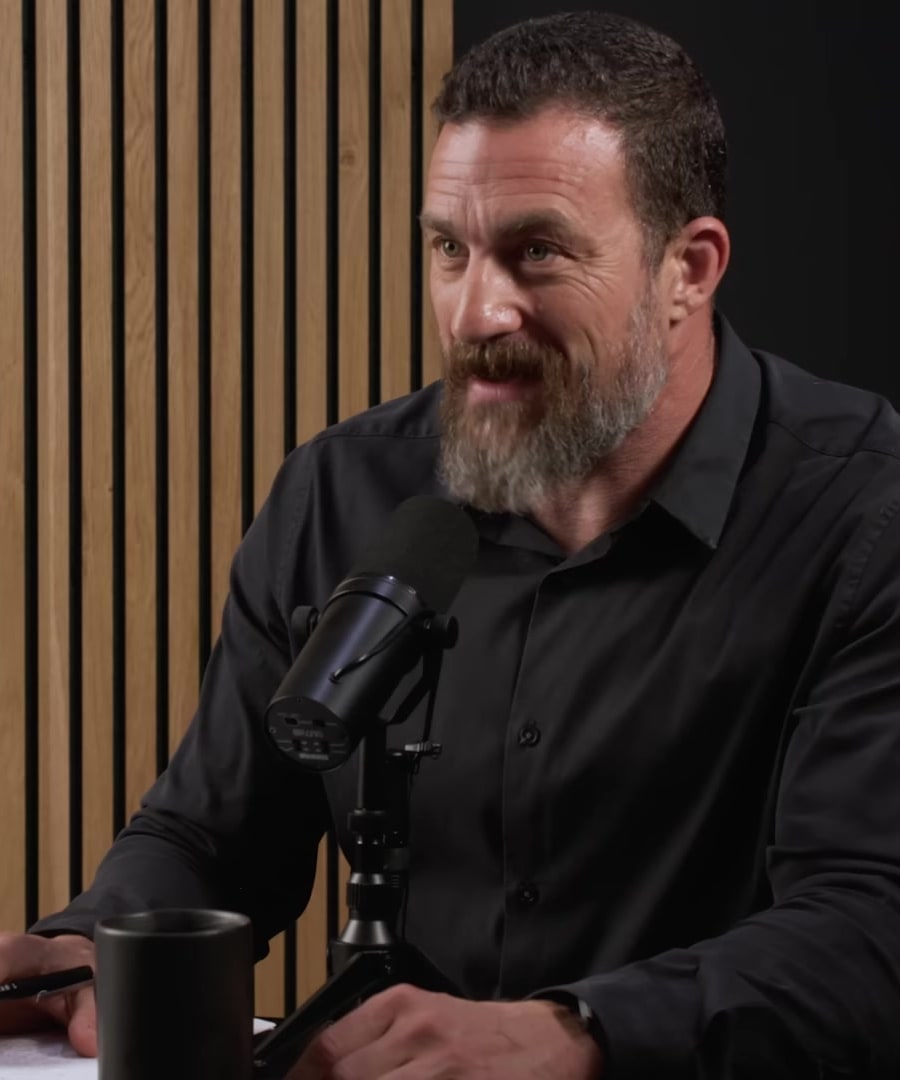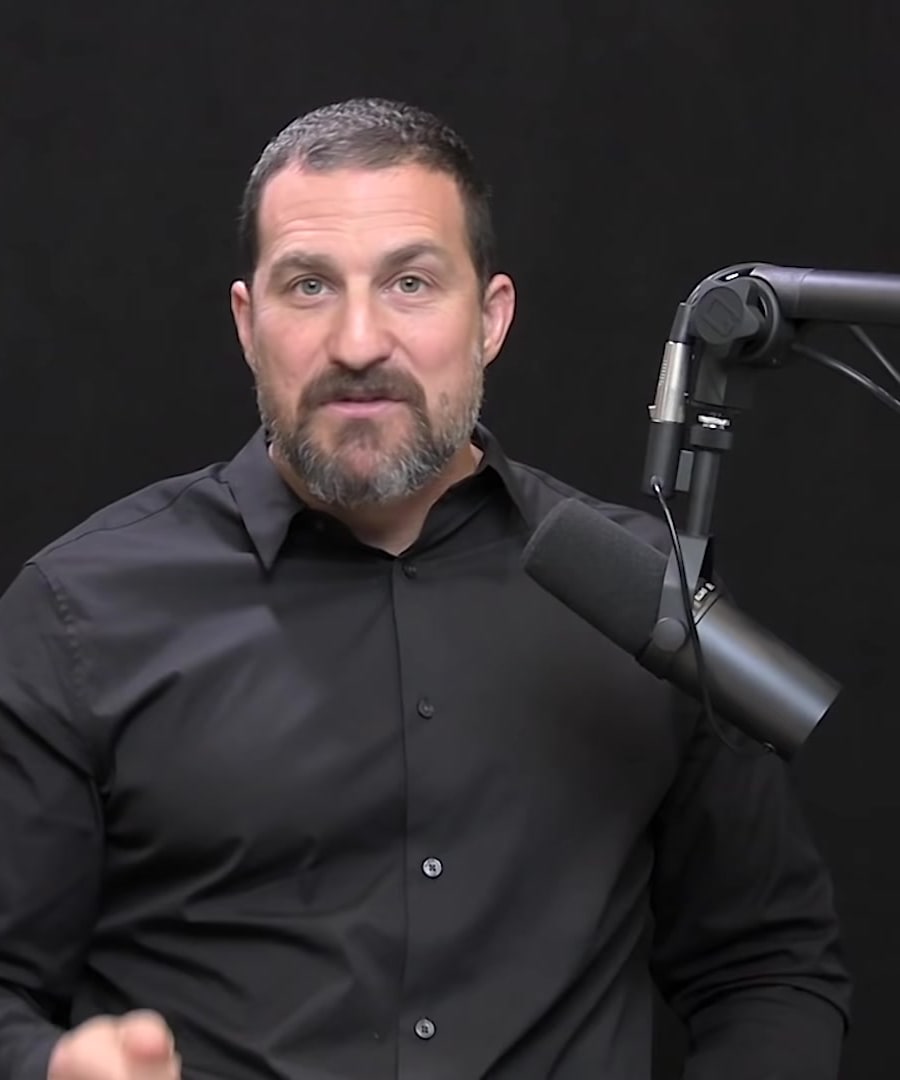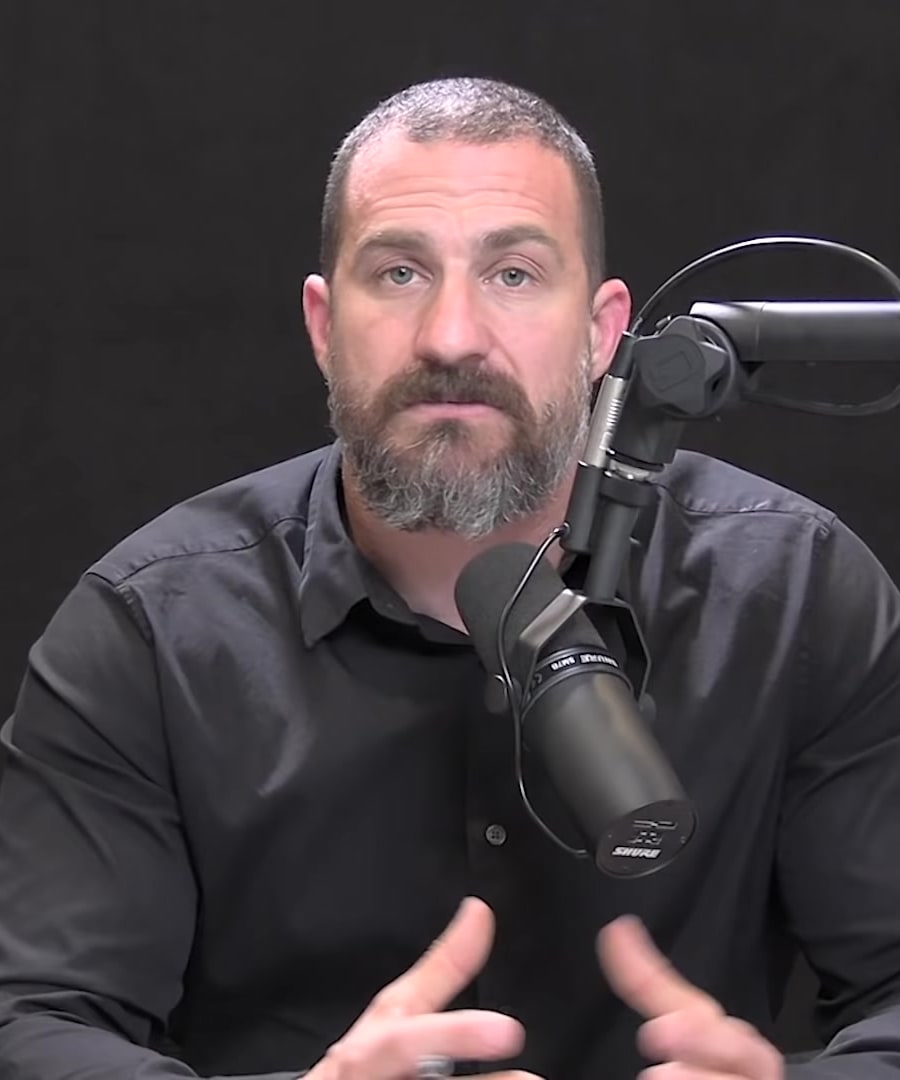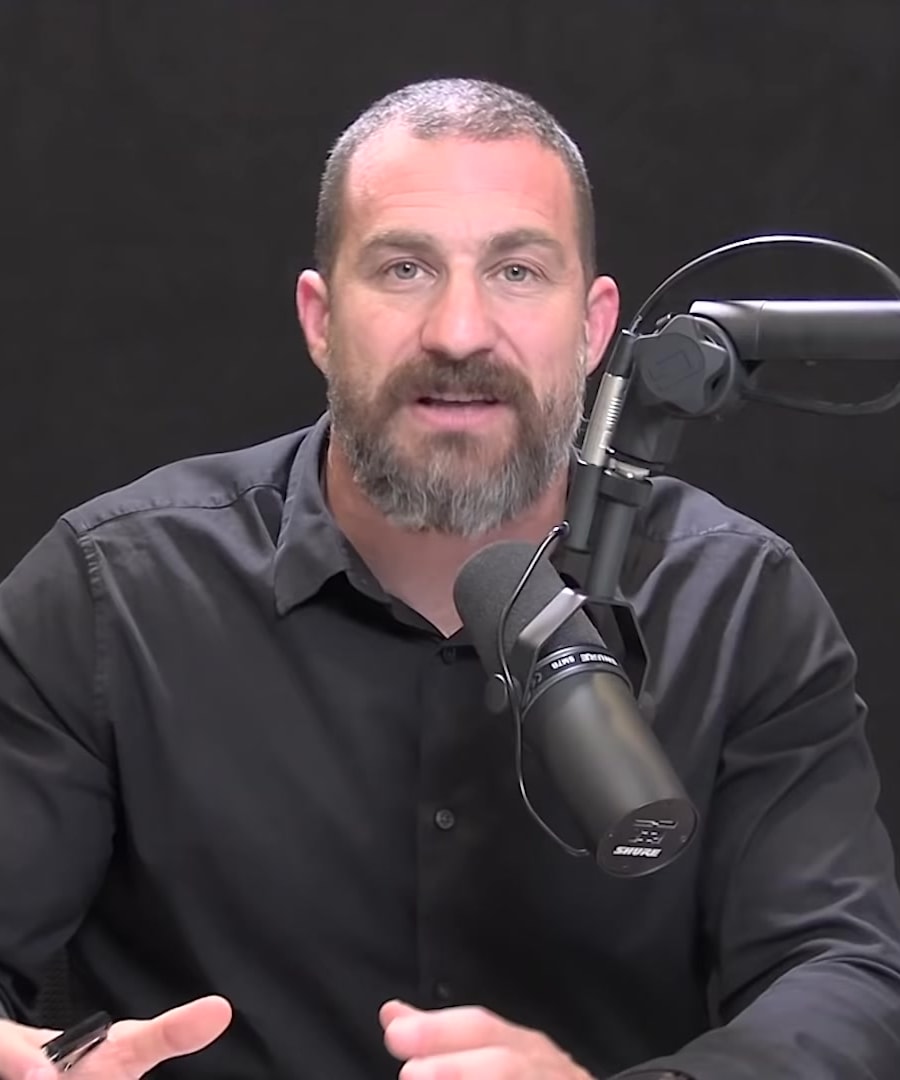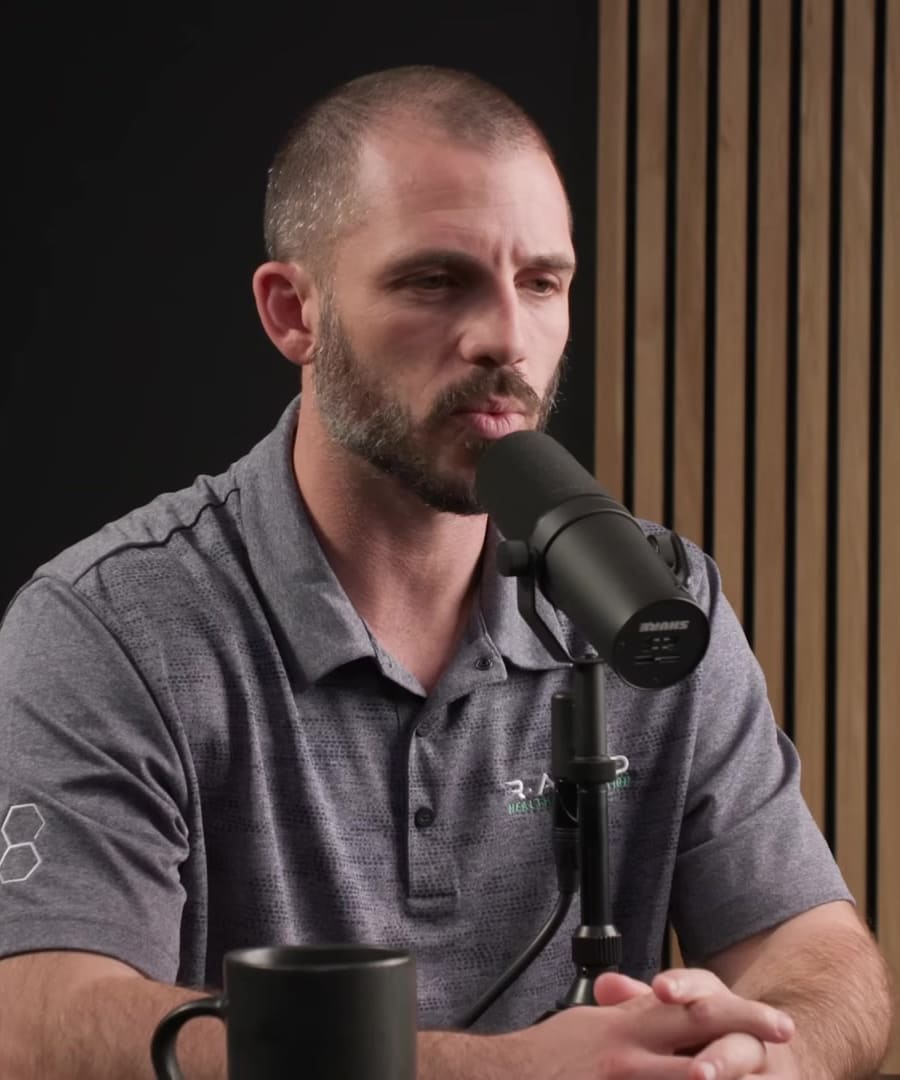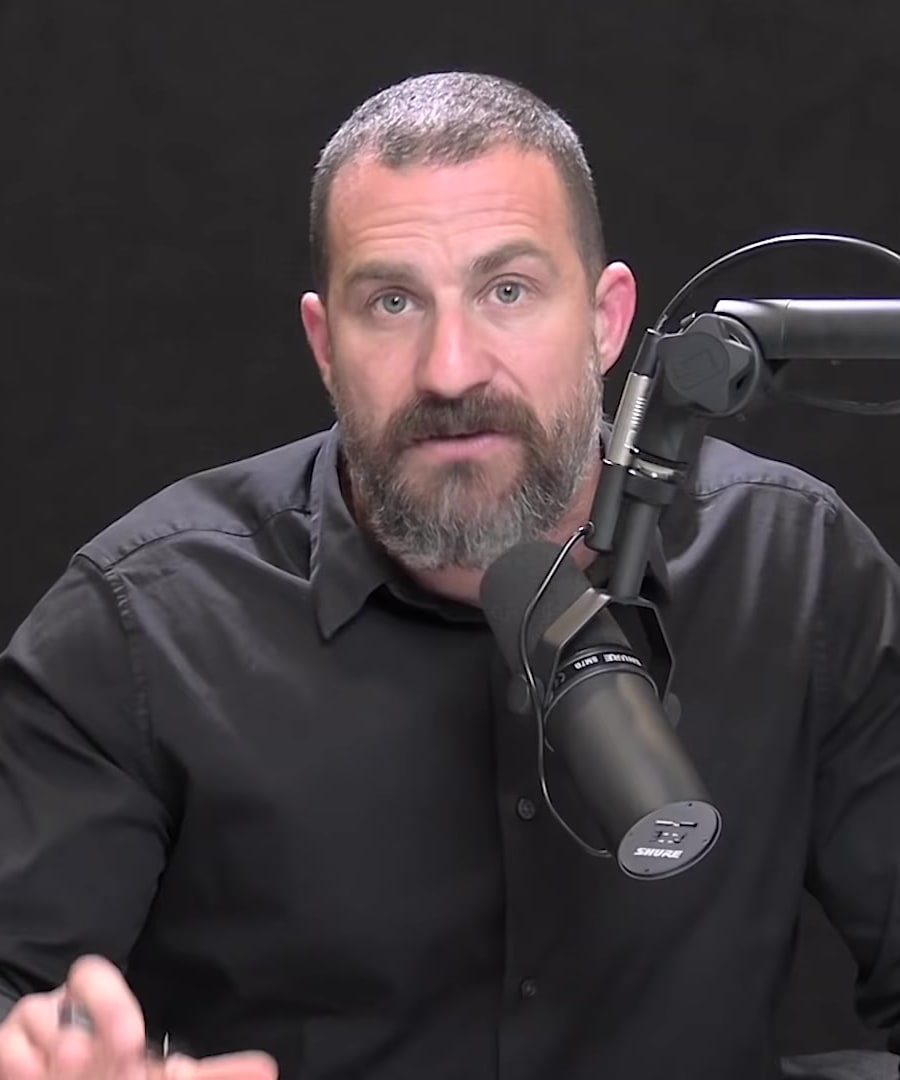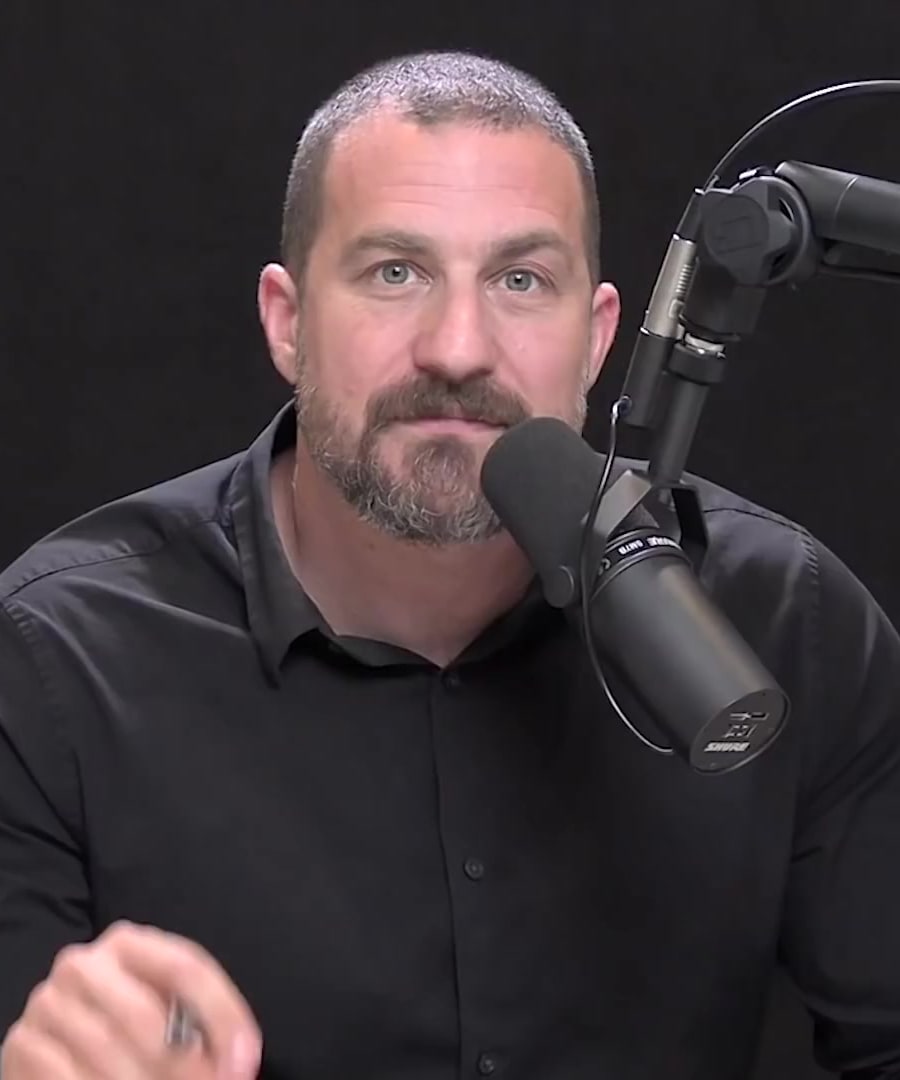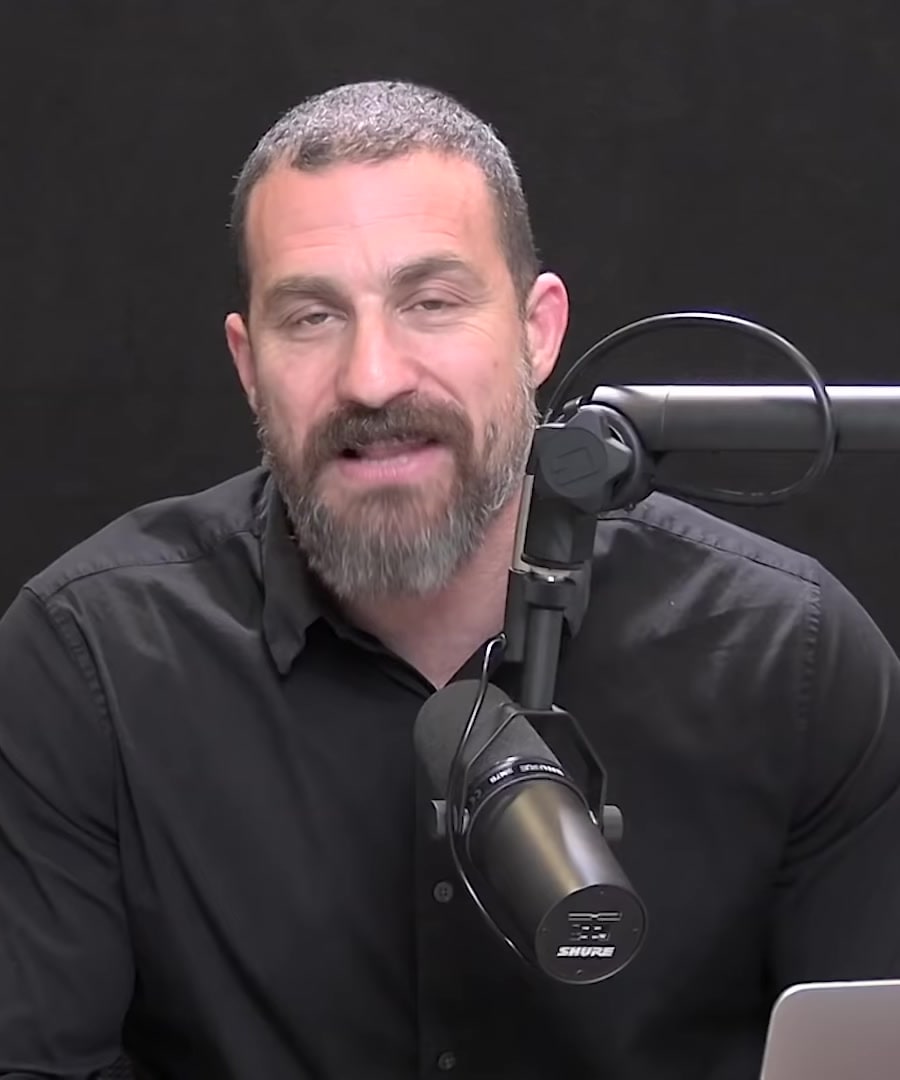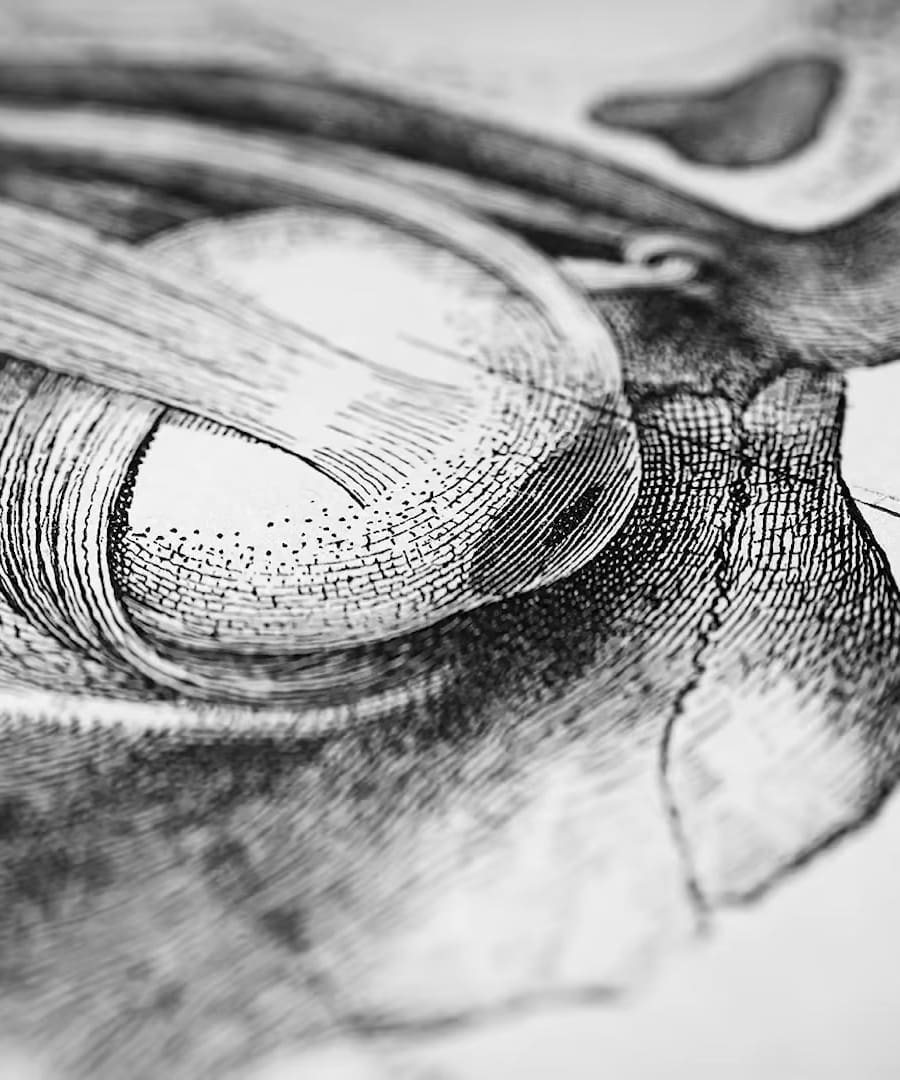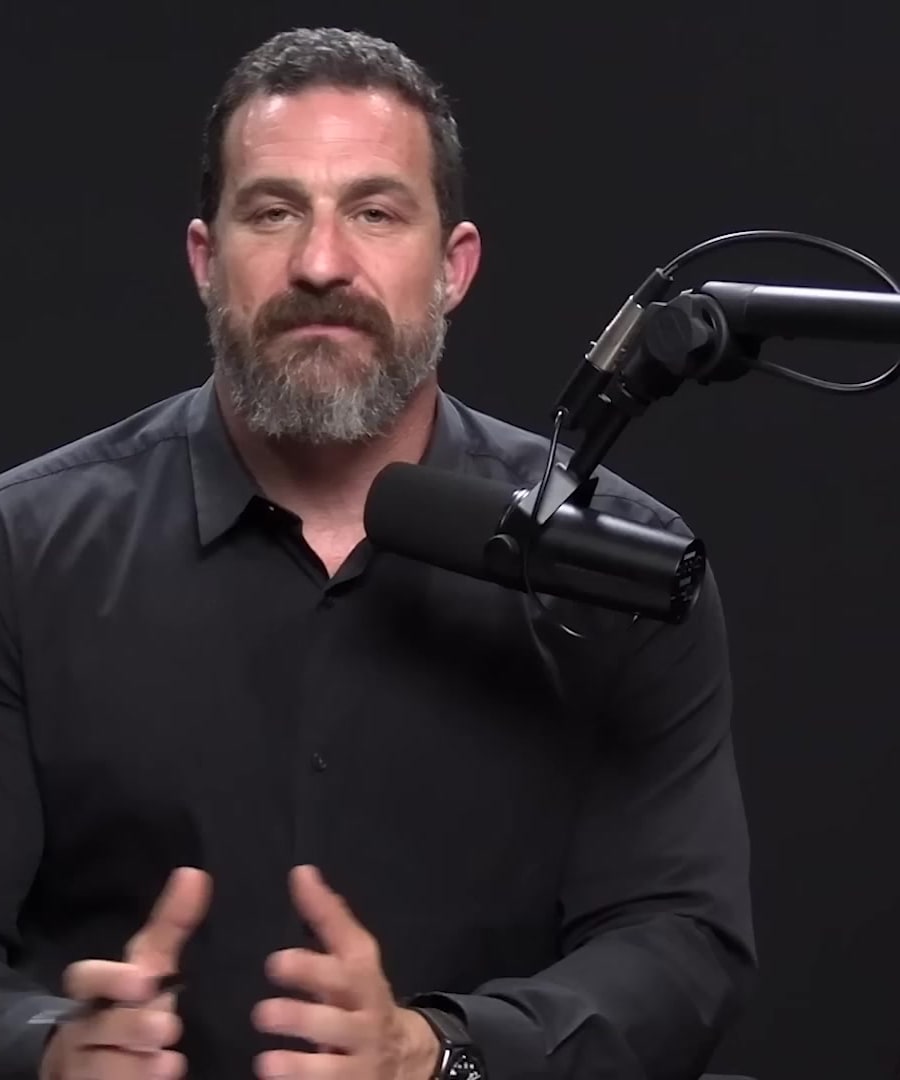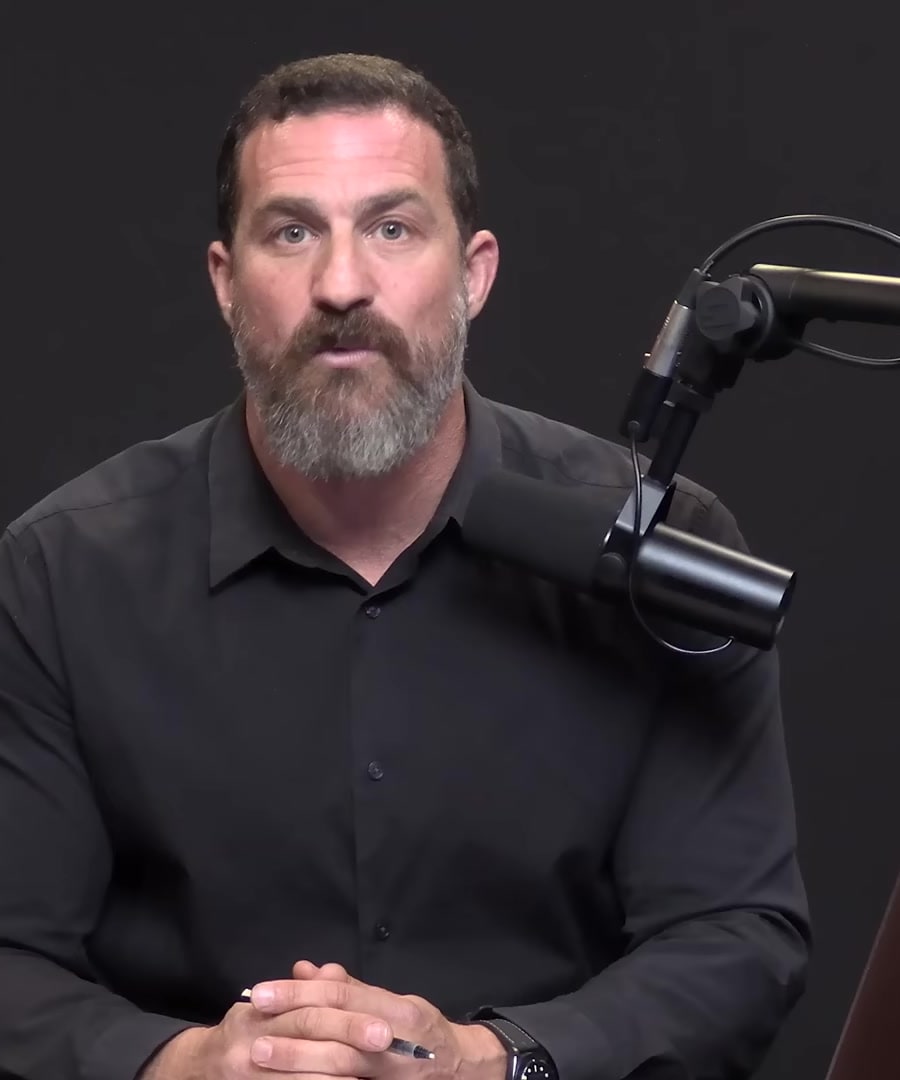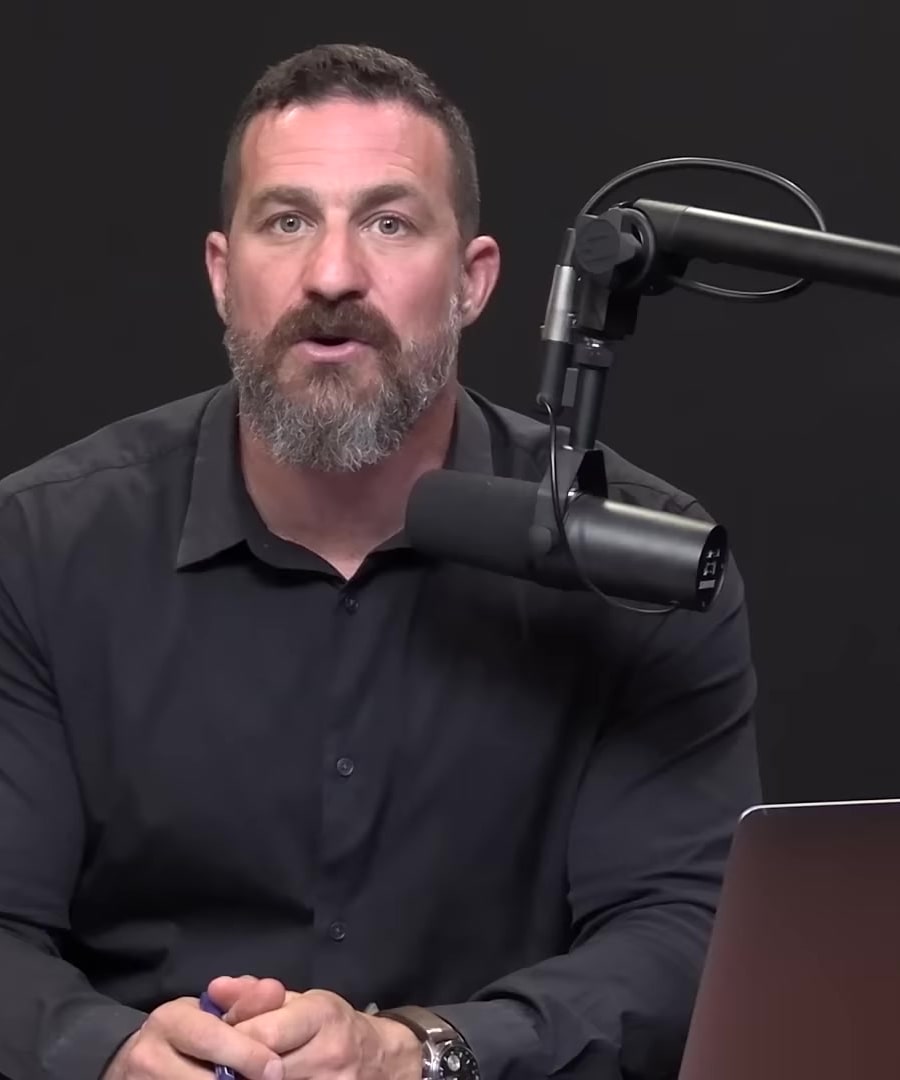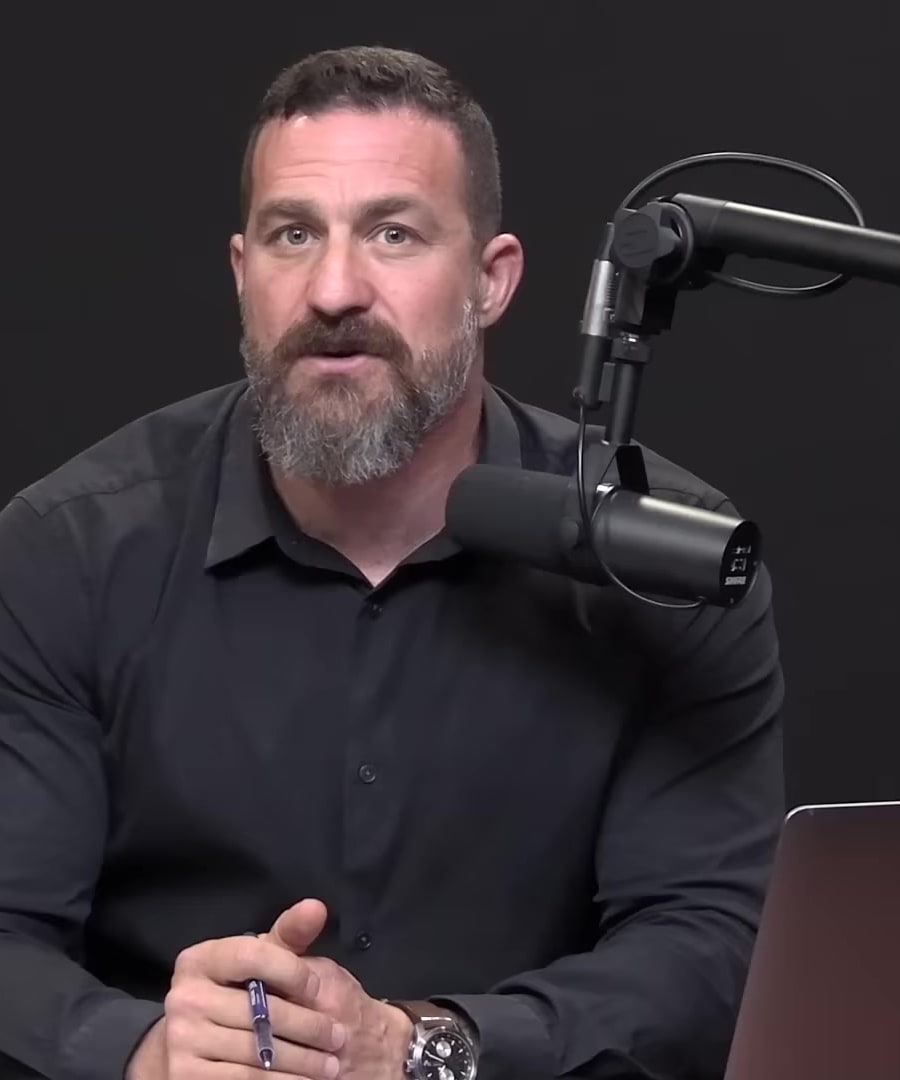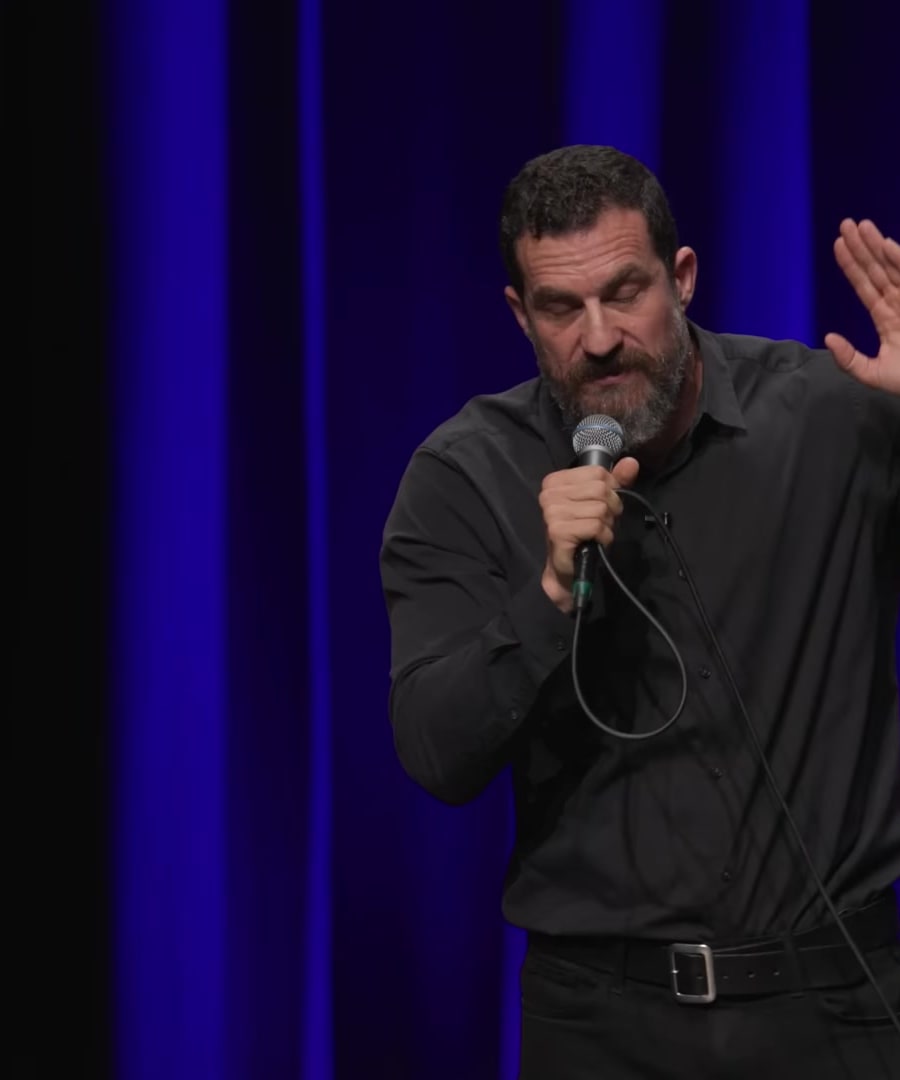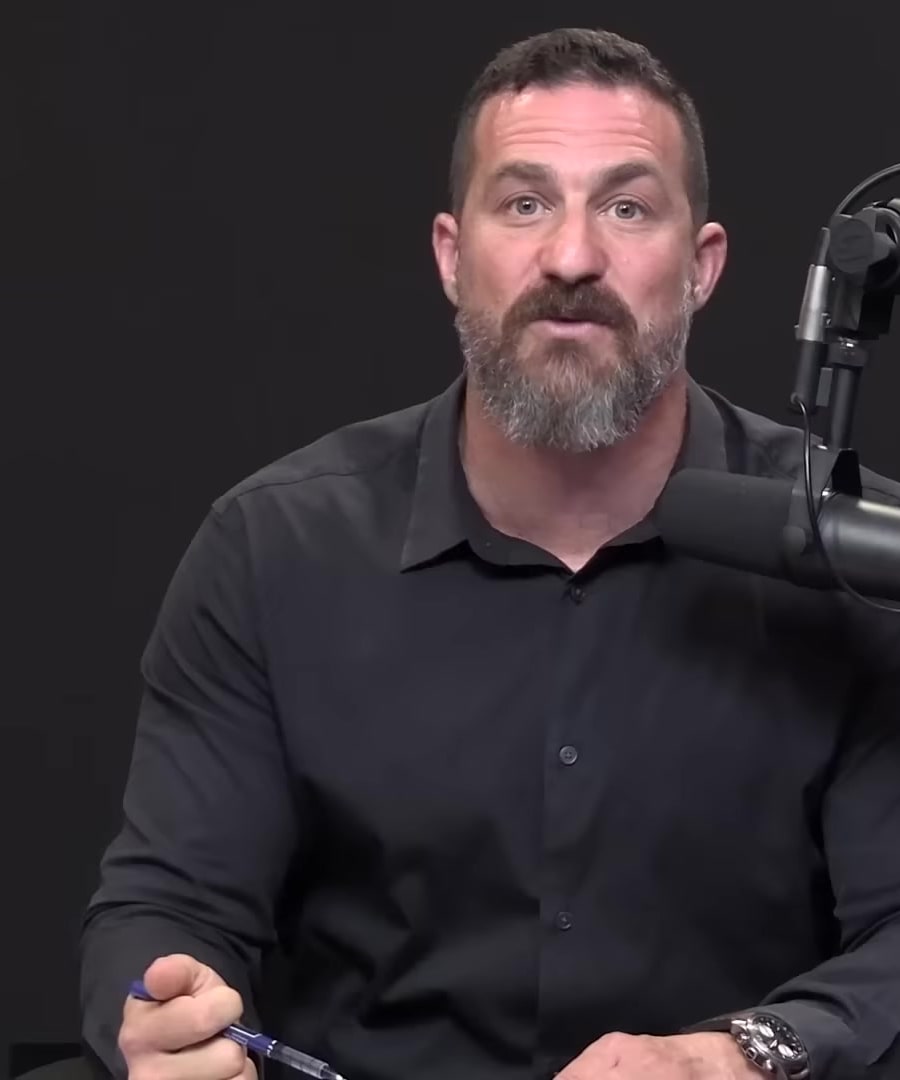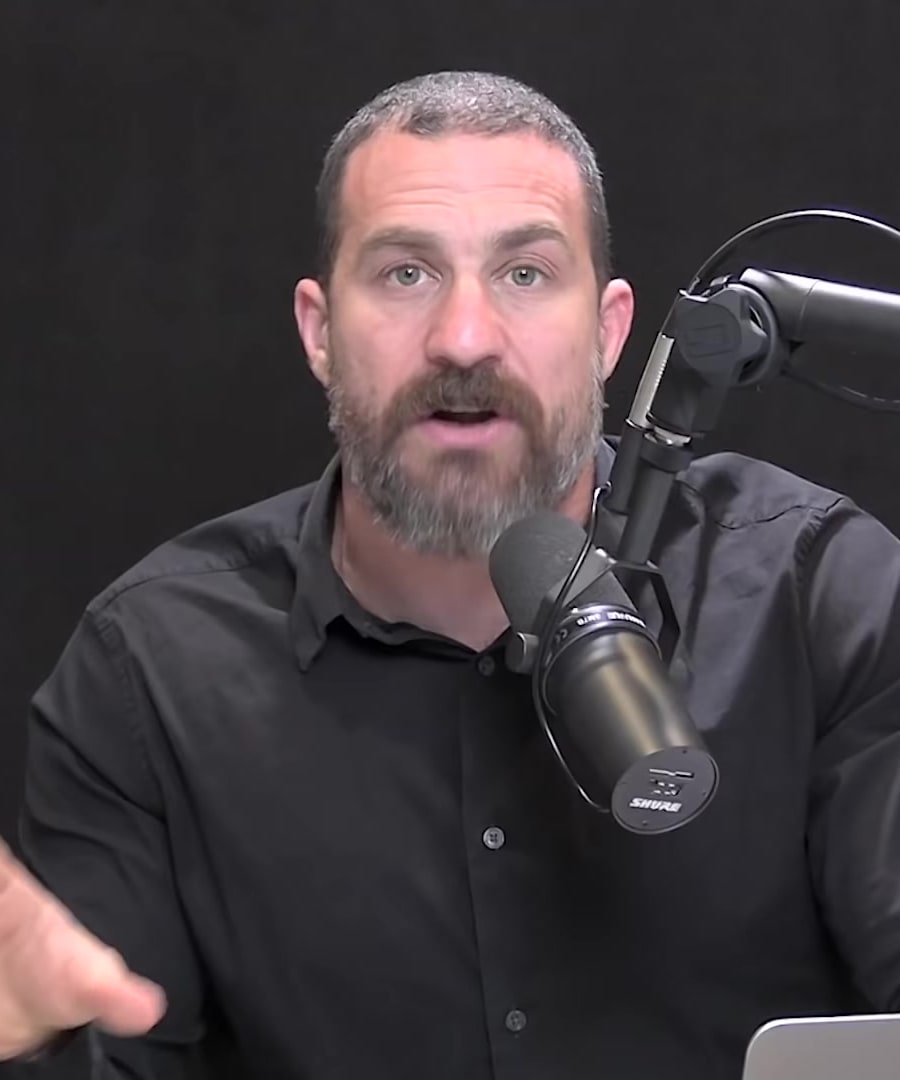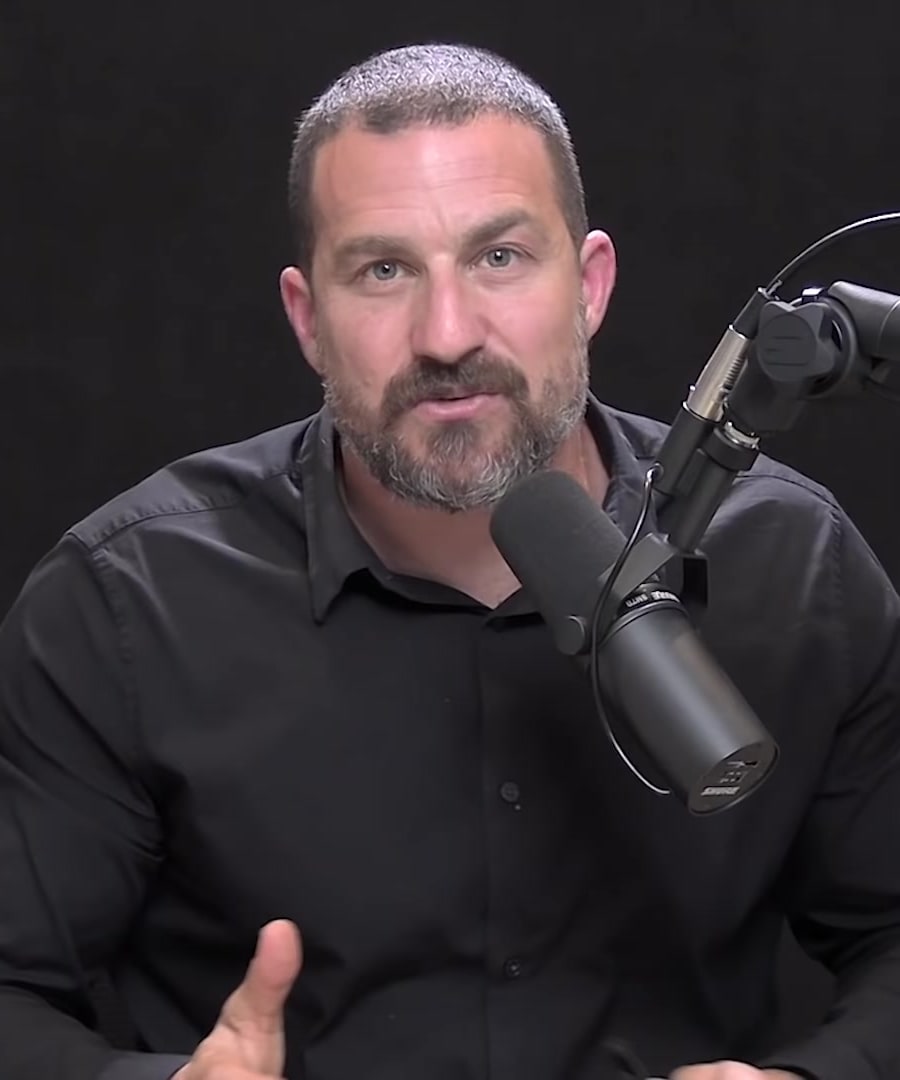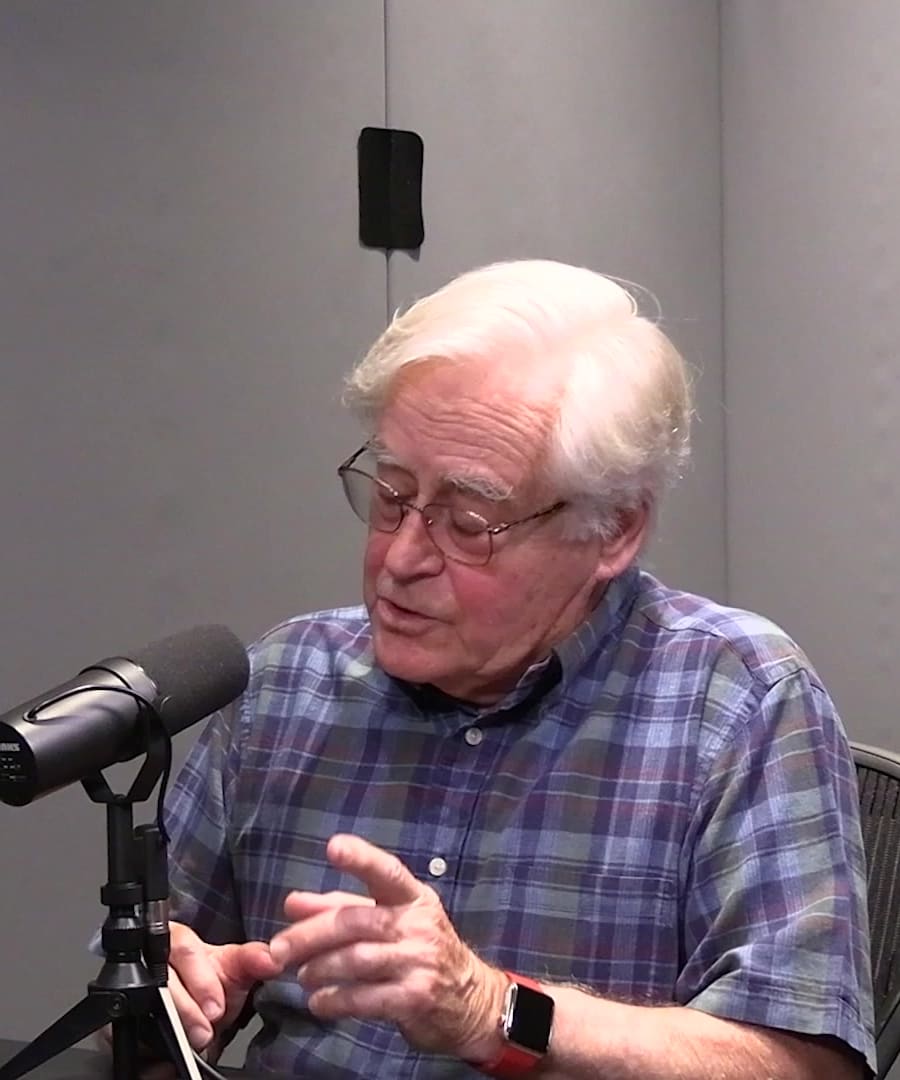When i am going to work than doing masturbation come to my mind and i am watching porn and it takes my lots of time and my all day got waste.what should i do?
It appears there are no specific clips addressing your exact situation of distractions like masturbation and watching porn while going to work. However, here are some general advice and strategies discussed by on the that might be helpful:
-
Time Blocking and Scheduling: Structuring your day with specific time blocks for work and other activities can help reduce distractions. Having a clear schedule can keep your mind focused on designated tasks.
-
Intentional Breaks: Plan short, intentional breaks to reset your focus. Use techniques like the "Pomodoro Technique," which involves working for 25 minutes and then taking a 5-minute break.
-
Environmental Adjustments: Modify your environment to minimize triggers. For instance, ensure your workspace is clean, and remove access to devices or platforms that may lead to distraction.
-
Mindfulness and Meditation: Engaging in mindfulness practices and meditation can improve your ability to manage intrusive thoughts and reduce the urge to act on them.
-
Physical Activity: Incorporating regular physical exercise into your routine can help manage stress and improve mental focus, reducing the likelihood of succumbing to distractions.
-
Seeking Professional Help: If the issue persists and significantly impacts your daily life, seeking guidance from a healthcare or mental health professional might be beneficial.
These strategies are practical steps you can take to manage distractions and improve your focus during work hours. Implementing them consistently might help reduce the impact of such thoughts and behaviors on your productivity.
RELATED QUESTIONS-
Experts on distraction management?
Sources:
Here are some experts from the who can provide insights on managing distractions:
-
:
- Title: Psychiatry Professor and Researcher at Stanford
- Expertise: Hypnosis, stress physiology, psychotherapy, and mental health.
-
:
- Title: Neuroscientist, Author, and Dean at NYU
- Expertise: Memory, attention, brain plasticity, and cognitive functions.
-
:
- Title: Physician and Longevity Expert
- Expertise: Health strategies integrating nutrition, exercise, sleep, and mental wellness.
-
:
- Title: Professor
- Expertise: Circadian rhythms and their influence on productivity and focus.
These experts have discussed various strategies and insights on maintaining focus and reducing distractions throughout their appearances on the .
RELATED QUESTIONS-
What are Wendy Suzuki's top focus techniques?
Sources:
shares several top techniques for enhancing focus and attention:
-
Body Scan Meditation:
- Practicing body scan meditation for 10-12 minutes daily builds the habit of focusing on the present moment. This helps reduce anxiety about the future and concerns from past events, allowing you to better enjoy and engage with the current moment 1.
-
Exercise:
- Regular physical exercise directly improves the functioning of the prefrontal cortex, enhancing focus and attention. This includes a minimum of 30-45 minutes of cardiovascular exercise daily. Cardiovascular activities, ranging from running to video workouts like Daily Burn, can significantly boost both prefrontal and hippocampal functions 2 3.
-
Sleep:
- Ensuring adequate sleep is critical for all core cognitive functions, including attention and creativity. Good sleep hygiene supports overall brain function and improves the ability to focus 4.
-
Mindset During Exercise:
- Engaging in mindful exercise, where you focus on your movements and the activity at hand, can enhance the benefits of exercise. Utilizing the increased blood flow to the brain during workouts can potentially amplify cognitive benefits, although more specific studies are needed 5.
These techniques, mentioned in , combine lifestyle changes and cognitive practices to support better focus and overall brain health.
RELATED QUESTIONS-
Sleep circadian rhythm is what
Sources:
The circadian rhythm is a 24-hour internal clock in your brain, primarily regulated by the suprachiasmatic nucleus (SCN). It controls the sleep-wake cycle by signaling periods of wakefulness during the day and promoting sleep at night. This rhythm is synchronized with the external light-dark cycle, influenced significantly by exposure to natural light 1 2.
Key Points:
- Central Clock:
- Located in the SCN, it governs the rhythmic activity for sleep and wakefulness, ensuring these cycles repeat approximately every 24 hours.
- Light Influence:
- Biological Impact:
- Circadian rhythms affect body temperature, hormone release, metabolism, and other physiological processes, aligning these functions with the day-night cycle 4.
Understanding and aligning your activities with your circadian rhythm can enhance sleep quality and overall health.
RELATED QUESTIONS- Central Clock:
Why i am horny too much after i follow 10 15 days of huberman protocols
Sources:
Experiencing increased libido after following certain Huberman protocols can be attributed to several factors, particularly if you are incorporating specific supplements or lifestyle changes that has discussed:
Supplements:
- Tongkat Ali:
- Sunlight Exposure:
- Increasing daily sunlight exposure on a large portion of skin can boost testosterone and estrogen levels, which in turn enhances libido. Sunlight impacts hormones and neuromodulators like dopamine and serotonin, which are crucial for libido and overall well-being 3.
- Tribulus Terrestris:
- This supplement has shown varied results but can increase free and bio-available testosterone, potentially enhancing libido 4.
Lifestyle Factors:
-
Exercise and Diet:
- Maintaining a good balance of exercise, proper diet, and body fat to muscle ratio can naturally improve hormone levels, leading to increased libido. Healthy lifestyle practices are known to help maintain optimal hormone levels and sexual function 5.
-
Dopamine Regulation:
- Engaging in behaviors or taking supplements that enhance dopamine can also increase libido. However, excessive dopamine can lead to high arousal states where sexual desire is high, but performance may suffer due to dysregulated autonomic responses 6.
Overall, supplements and lifestyle changes often recommended by can significantly affect your hormone levels, neuromodulators, and overall physiological state, resulting in an increased libido. Always consult healthcare professionals before making significant changes to your health regimen.
RELATED QUESTIONSWhat are Huberman protocols?
Sources:
provides a variety of science-based protocols addressing different aspects of health and well-being. Here are some key ones:
1. Fitness Protocols:
These cover comprehensive fitness goals, including strength, endurance, hypertrophy, speed, power, and flexibility. Huberman suggests a foundational template that can be adjusted for personal needs and goals. He also emphasizes the importance of regulating the nervous system through practices like physiological sighs and decompression breathing after training 1 2.
2. Cold Exposure Protocols:
These are designed to improve mental toughness, resilience, mood, performance, and metabolism. They involve deliberate cold exposure practices, like cold showers or immersion, which can be tailored to specific goals or used to achieve multiple benefits 3.
3. Sleep and Dopamine Regulation:
Huberman's protocols also touch on optimizing sleep and regulating dopamine levels. These include behavioral adjustments, supplementation, and specific practices to enhance these functions for better health and productivity 4 5.
4. Back Pain and Mobility:
There are protocols focusing on reducing back pain and improving back health through awareness and mindfulness of movement patterns. Paying attention to posture, especially during routine activities like sitting, driving, or standing, can help manage and mitigate back issues 6.
5. Creativity Enhancing Protocols:
Huberman discusses strategies for enhancing creativity, which involve adjusting daily routines and perhaps incorporating specific supplements to support cognitive function and creativity 7.
Accessing the Protocols:
These protocols are often detailed in his podcasts and are also available through the Huberman Lab newsletter, which provides summaries and actionable steps for free 5.
These protocols combine peer-reviewed scientific insights with practical advice, aiming to optimize various aspects of physical and mental health.
RELATED QUESTIONSWhat is zone 2 cardio
Sources:
Zone 2 cardio refers to a type of cardiovascular exercise that elevates your heart rate and breathing sufficiently to feel exertion, but still allows you to sustain a conversation. This kind of exercise aims to improve endurance and cardiovascular health. Here are key points about Zone 2 cardio as discussed by :
- Intensity: You should be able to maintain a conversation without needing to pause or gasp for air, but if you were to increase your pace or intensity slightly, you'd lose the ability to speak comfortably 1 2.
- Activities: Suitable activities include jogging, rowing, cycling, swimming, or brisk walking. The goal is continuous movement for an extended period, typically 60 to 75 minutes once or twice a week 1.
- Monitoring: While a heart rate monitor can be helpful, it's not necessary. You can gauge your activity level by your ability to breathe nasally and speak 2.
- Benefits: It's recommended to get 150 to 200 minutes of Zone 2 cardio per week for optimal cardiovascular and brain health. This helps with blood circulation, release of growth factors (like brain-derived neurotrophic factor), and promotes overall longevity 3 4.
- Integration: You can mesh Zone 2 cardio with daily activities, such as brisk walking during work calls or with family. This approach can help in fitting these crucial exercises into a busy schedule without impacting sleep or social interactions 5.
Zone 2 cardio is integral to maintaining endurance and heart health while also benefiting mental and brain function.
RELATED QUESTIONSCan i take cold shower after running
Sources:
Taking a cold shower after running can be beneficial for certain aspects of recovery, but it depends on your training goals. provides insights into the pros and cons:
- Improved Recovery: Cold exposure, such as a cold shower or immersion, can reduce inflammation and muscle soreness, potentially allowing you to resume training more quickly. This is especially useful after endurance or high-intensity exercise 1 2.
- Non-Hypertrophy Training: If your focus is on endurance or general fitness, cold showers can be an effective recovery tool without significantly hindering progress 1.
- Inhibiting Adaptations: For those aiming for hypertrophy (muscle growth) and strength, cold exposure shortly after training may inhibit some of the desired training adaptations, such as blocking pathways (e.g., mTOR) necessary for muscle growth 3.
Recommendations:
- Cold Showers: If you choose to take a cold shower, it's advised to do so immediately after or within a few hours post-training, but avoid it immediately after strength training if hypertrophy is your goal 4.
- Alternatives: For specific recovery needs, consider cooling regions like the palms, bottoms of the feet, or face instead of full-body immersion, which might be more effective in some cases 3.
In summary, cold showers can be beneficial for recovery after running, especially if your goals are endurance or general fitness, but should be timed appropriately if muscle growth is a priority.
RELATED QUESTIONSScientific reasoning behind cold showers?
Sources:
Cold showers have several scientific benefits that have been discussed by and other experts on the . Here's a breakdown of the key physiological effects of cold showers:
-
Activation of Brown Fat: Cold exposure activates brown fat (a type of healthy fat tissue) that increases metabolism and helps regulate body temperature. When cold receptors in the skin are stimulated by exposure to cold water, brown fat gets activated, which elevates metabolic rate to generate heat 1.
-
Nervous System Effects: Cold showers rapidly activate the autonomic nervous system, particularly the sympathetic nervous system, by stimulating cold receptors across the skin. This leads to an increase in norepinephrine, which enhances alertness and mood while also contributing to metabolic benefits 1.
-
Hormonal Responses: Cold showers can impact hormone levels, particularly testosterone and estrogen. Post-cold exposure, a rebound vasodilation occurs which increases blood flow to the gonads. This process can enhance the release of sex hormones due to improved blood supply and stimulation of the neural pathways controlling these hormones 2.
-
Thermoregulation and Performance: Taking a cold shower before aerobic activities can improve performance by increasing the body's capacity to absorb excess heat generated during exercise. This delay in reaching critical body temperatures allows athletes to sustain higher performance levels for longer durations 3.
Referencing these clips shows the robust benefits of cold showers, ranging from metabolic boosts and improved hormonal balance to enhanced athletic performance.
RELATED QUESTIONS-
When i am going to work than doing masturbation come to my mind and i am watching porn and it takes my lots of time and my all day got waste.what should i do?
- RELATED QUESTIONS
Experts on distraction management?
- RELATED QUESTIONS
What are Wendy Suzuki's top focus techniques?
- RELATED QUESTIONS
Sleep circadian rhythm is what
- RELATED QUESTIONS
Why i am horny too much after i follow 10 15 days of huberman protocols
- RELATED QUESTIONS
What are Huberman protocols?
- RELATED QUESTIONS
What is zone 2 cardio
- RELATED QUESTIONS
Can i take cold shower after running
- RELATED QUESTIONS
Scientific reasoning behind cold showers?
- RELATED QUESTIONS




